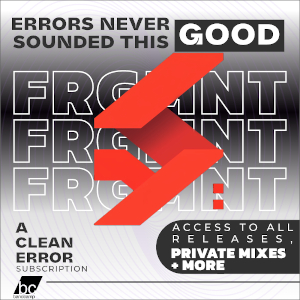These themes explore the surprise at finding unexpected joy even at our darkest moments when our worst fears are realized and facing the unique stresses of adulthood by retaining a sense of childlike joy.
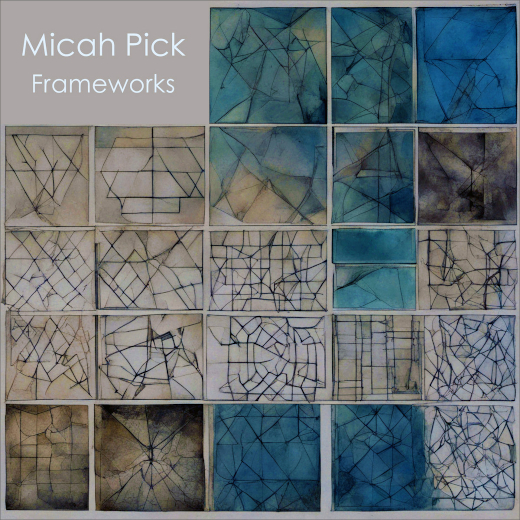
A swirl of microtonal electro-acoustic landscapes
Imagine music based around the tonal possibilities of retuning a piano. The first time anyone listening might frantically insist that “this is out of tune.” According to ancient tradition, artists sometimes try new things, maybe someone might try to use new languages or somehow create unexpected contexts. Traditionally most sound comes in basic harmonic or dissonant flavors, with lots of variations. There is an itchy feeling as the tones change slightly and do not always quite match up harmonically for that familiar pure sweet resonant sound. The search for harmonic synchronicity is almost happening but is not always there, that is the sound specifically employed here. That matching tone becomes thrillingly close and as the tuner moves the tone as the music proceeds. This creates a wider sense of what you can fit into your listening experience, and perhaps others (besides me) might choose to accept this odd recording as a musical event. It says something positive about using the entire palette of sound available to artists today. Plus the musical listening thrill of surprises and new rhythms that the collage arts have to offer. Perhaps music is a contrived listening experience and we thrill at the emotions that can be evoked and shared.
There are some beats and some engaging rhythms, mostly the feeling is relaxing and has mostly drones. The slow sustained notes of the piano sometimes sound like the tuning is off. The blues idiom shares the bending notes that reach across the normal scale, could that make this music sound almost familiar? Crying as the tone bends. Primarily piano with fanciful collage editing, lots of synths, effects, field recordings, and some percussion asking questions about the nature of existence and what is music compared to birds or waterfalls?
The microtonal sound recontextualizes the familiar sound of the piano. This could be tough on the artist who is doomed to having it pointed out every time that the thing is out of tune. The lesson is that as you listen the more sense and beauty emerge from the warped mystery.
Frameworks is a neoclassical album with elements of electronic and ambient music. Piano with hints of synths, effects, field recordings, and some percussion asking questions about the nature of existence. Mostly what stands out is the artist’s bravery to use a musical language that is built on a piano being tuned, not to the traditional 12 tones of equal temperament, but rather to Just Intonation scales of the composer’s devising and by the end the listening ear becomes acclimated to them, and they are recontextualized by the harmonies to sound warm and inviting to the constant listener.
Curving to match a new normal ::
Curving to match a new normal, “Have This Mind” (4:26) brings mild bending to the tones, the idea of drifting calibration for the notes, a slow piano with flickering synthesizers and crackling microphone noises, perhaps someone walking in dry foliage and strings that explore the bending tones, a form of glitch that provides a delicate sparsity and fleeting moments of dense chaos. Slow down. Take it in. Give up on the sense of “off” and accept the wider range.
The “Glacial Requium” (4:39) furnishes this landscape with more piano microtones and complex textures. Enduring bending notes slightly wavering, the sound of sustained tones reaching into oceans of reverb. The ear can find simultaneous unrelated field recordings, moments of drip and splatter percussion, always playing with the nearness of harmonic normality. Only “A Moment” (1:15), one note alone evolves into very complex bursts of microscopic tones combined with the slowly fading drones. Now to the garden at night, see the “Broken Trellis” (5:12) holding haunting melodic fragments. Soon something start to take form, while something else is leaking out, something polyphonic at a higher speed.
The ear constantly attempts to assemble these “Shapes and Shards” (5:13) bringing from the jumble the piano and muffled electronics that sound orchestral, odd bits come and go whilst the piano sustains drone atmospherics. And suddenly a new pattern pops out, there is a more woven fabric of rhythms and textures, the piano is flittering around like crazy in a structure where the phrases are repeated in reverse order and there might be a passage framed in identical content, “Chiastic Crux” (4:42), feedback and piano collage montages.
“Afterwind” (6:04) I hear morning song birds in the breeze, a piano takes over, with hesitant notes and another form almost emerges from the complex layers of the teasing microtones. A slow fade-in, “Earth Everlasting” (5:26) repeats some of the same haunting fragmented melodies searching for tonic resolution, this time a slightly more solid dream is suggested in the fog. Another collision of elements, the piano and the flickering fields. Dreams do not require or even try to accept any explanation, they just happen. Things start to pick up, then they drop away into the fadelands. “Be Interlude” (1:20) gallops out of the darkness, now we have a cadence and tempo that stands apart, using the established sound library of the album. “Bursting Downstream” (3:33) has a comparatively busy complexity, this is my favorite track. The notes search for the resolution we have craved all along, but the density keeps a steady stream of surprises coming. Bits link with the sonic history here, but a whole new composition rises from the distance and territories we have come through. Triumphant resolution is at hand! The final track, “Sea Coda” (5:57) returns us to the shores of the vast waters, and the piano tuner brings closer the sense of the old normality. Now we have experienced and endured the slowly bending wrong notes and know how all of nature can include some educational flaws. Rain finds all surfaces and penetrates slowly.
Micah Pick is a classically trained musician based in Bedford, Virginia (USA) who works as a collaborative pianist and music educator. These themes explore the surprise at finding unexpected joy even at our darkest moments when our worst fears are realized and facing the unique stresses of adulthood by retaining a sense of childlike joy.
Frameworks is available on Audiobulb. [Bandcamp]






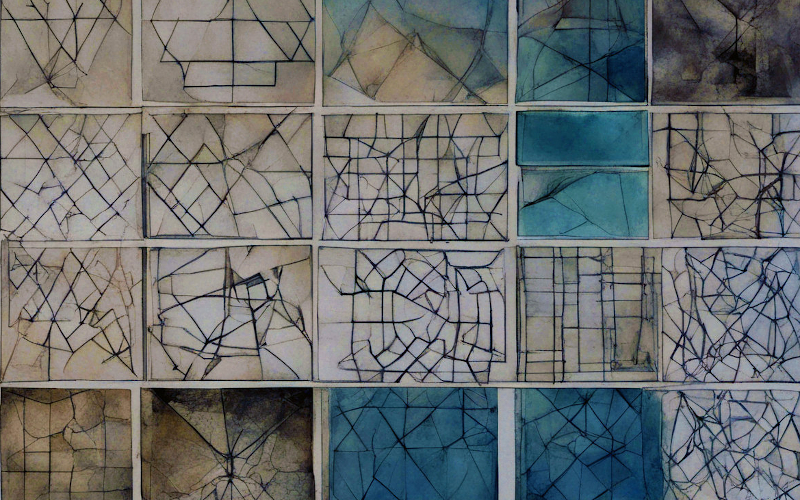
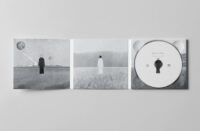
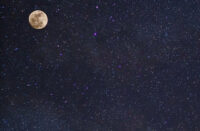
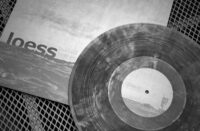

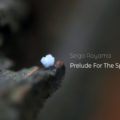

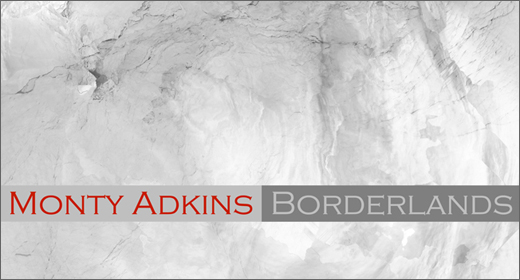

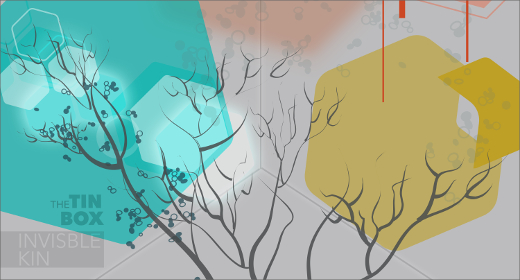







![Allmanna Town :: 1911 EP (Self Released) — [concise]](https://igloomag.com/wp/wp-content/uploads/2025/03/allmannatown-1911_feat2-75x75.jpg)


